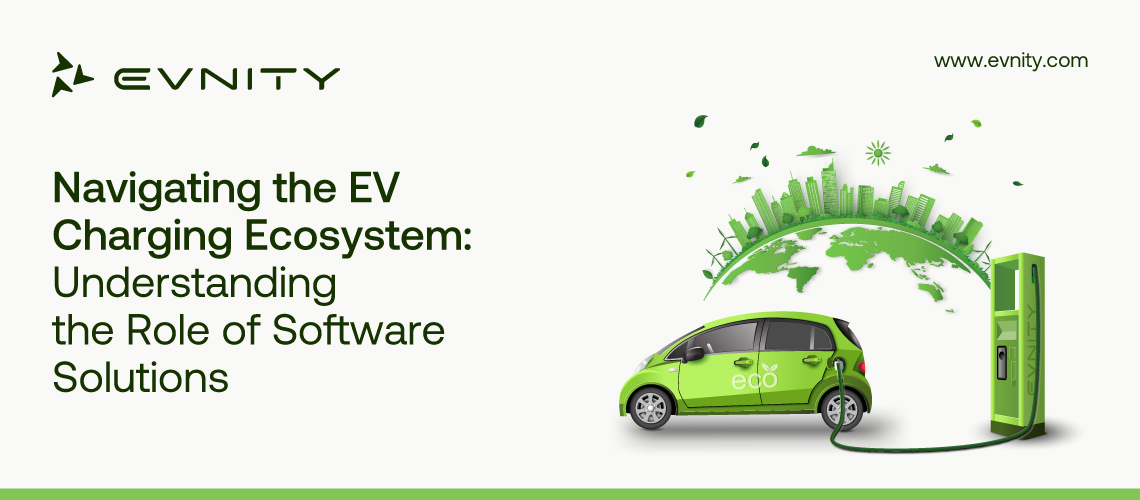The world is moving quickly toward electric cars these days, and EVs have gone a long way since they were first introduced in the 1800s. With charging infrastructures, advancements in battery technology, and increasing awareness, EVs have become more affordable and accessible.
With the growing demand for EVs, charging stations need to become faster, more accessible, and easier to adopt at a rapid pace. Electric vehicle charging stations need to get faster, easier to use, and more widely available if the adoption of these vehicles is to continue at a rapid pace.
Data analytics' significance for EV charging stations?
Massive amounts of data are generated by EV charging management software, such as the number of charging sessions, length, day and time of the session, kind of car, and energy used.
- Data analysis of the EV charging stations helps operators make decisions that can be used to maximize efficiency and revenue.
- Data analytics helps save EV drivers a huge chunk of money and time by adjusting costing and usage of off-peak season demand.
- Data analysis helps the operators identify the underutilization of charging stations and relocate them to higher-traffic areas. This can lead to higher revenue and efficiency at the same time.
Improved Customer Experience:
It is simple to comprehend user wants and behaviors thanks to data analysis. The station's proprietors cram it full of features, rapid charging choices, and payment alternatives.
Smart Charging Infrastructures:
Data is crucial in building intelligent charging infrastructures for EVs. This can be done by historical charging patterns, driver behavior, energy consumption, algorithms to optimize the location of the charging stations, managing charging loads, predicting peak demands, etc.
Predictive Analysis Algorithm:
The biggest challenge of EV owners is the thought of running out of battery. However, with data, this problem can be solved via data analysis; factors such as weather conditions, driving patterns, battery state of charge, and traffic congestion can be accurately estimated. Through this, EV owners can plan their journey by making informed decisions.
Optimized Maintenance:
Via equipment performance data analysis, EV operators can identify the issues that arise. Helps with a reduction in downtime and higher revenue.
Easy Location Tracking:
Data analytics helps EV owners find charging stations nearby. They can now charge the cars more easily and without getting stressed out or running out of battery.
Future of the EV Charging Infrastructure
The primary role of data analytics involves the optimization of EV charging station management software performance. Some real-world examples of data analytics include:
Charge Point:
The most extensive and biggest EV charging network in the world is Charge Point. It uses data analytics to monitor the station's performance, identifying the issues that reduce downtime and increase revenue.
Power Flex:
Power Flex is a subsidiary of EDF Renewables, which uses data to optimize the charging stations. This is done by reducing the strain during peak hours and incentivizing off-peak charging stations by offering heavy discounts.
The EV Charging Infrastructure Industry's Future
According to a report by Research And Markets, the global market is anticipated to grow at a 32.5% compound annual growth rate (CAGS) from 2020 to 2025, indicating a rise in the charging stations business in the upcoming years.
Here, data analytics plays a role in the growth by improving the charging station user experience. Post the data collection from the charging stations, EV operators draw insights via data analysis, which is useful in making strategic decisions.
Conclusion
Operators can use data and patterns, equipment performance data, and charging behaviors to ensure their stations are located strategically, appropriately utilized, and equipped enough to create a better experience for EV drivers and contribute to a sustainable future.
The future of EV charging station management software lies entirely in data analytics. The world is leaving no stone unturned in prioritizing sustainable practices, making EVs more widespread than ever.


